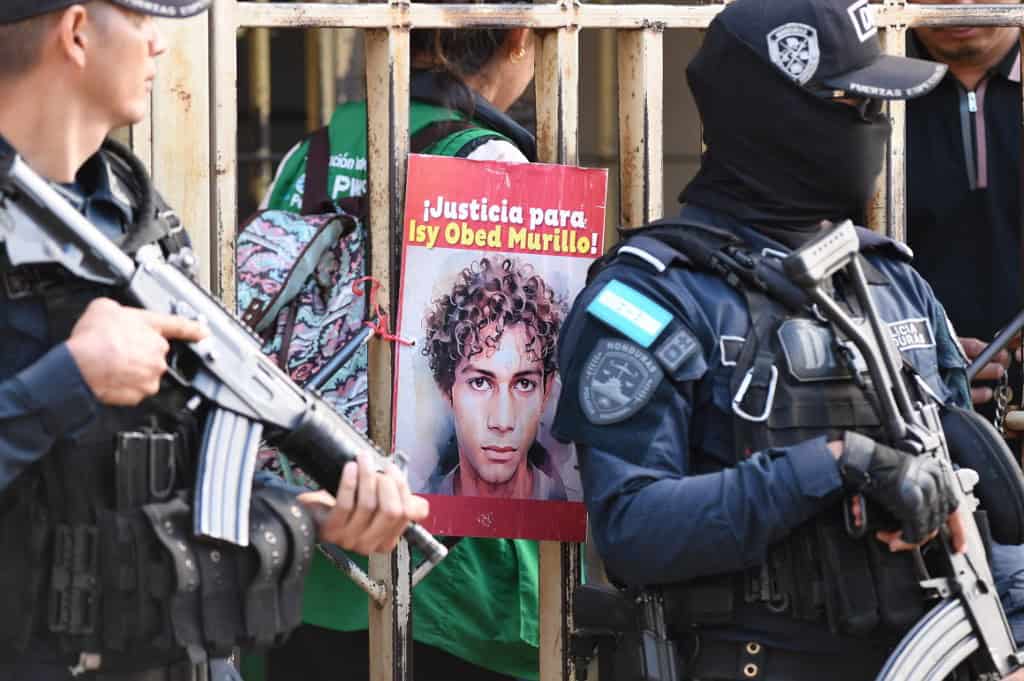Congressman Leslye Bojorges, from the Social Christian Unity Party (PUSC), has presented a bill that seeks to implement the controlled hunting of crocodiles and caimans in Costa Rica. The initiative, registered under file number 24.752 and called “Law for the control of crocodiles and alligators in Costa Rica”, responds to concerns about an apparent increase in the population of these reptiles and the associated risks, particularly in urban and coastal areas.
What is the proposal?
The project aims to establish a legal and operational framework to sustainably manage and conserve crocodile and alligator populations in the country. According to Bojorges, this measure also seeks to mitigate the alleged increase in incidents between humans and reptiles, mainly in areas such as the Gran Humedal Tempisque.
The plan, led by the National System of Conservation Areas (SINAC) and in coordination with the Ministry of Environment and Energy (MINAE), would include:
-Updated studies on the population density of these species.
-Specific protocols for their management.
-Relocation programs to relocate animals from conflictive areas.
-Continuous monitoring of the areas with the highest concentration of reptiles.
-Focused control in regions where interaction with humans represents a risk.
-Immediate actions in case of sightings or attacks.
Why is this measure proposed?
Bojorges argues that the increase in crocodile attacks in communities near rivers and wetlands is a growing concern. Areas such as the Gran Humedal Tempisque and urban areas report incidents that, according to the congressman, justify the need for active intervention to guarantee both the safety of people and the conservation of these species.
In addition, the project points out that the lack of a regulatory framework may hinder the effective management of conflicts that arise in shared territories between humans and wildlife.
The legislative path
The bill will be reviewed next year, once the deputies return from their legislative recess, and should be assigned to a commission for analysis. This step is essential to determine the feasibility of the proposal and to evaluate both the environmental and social implications of allowing controlled hunting.
A measure that generates debate
The proposal has generated divided opinions. On the one hand, some sectors see controlled hunting as a necessary tool to manage crocodile overpopulation in areas where they represent a danger to communities. On the other hand, conservationists and environmentalists may question this measure, arguing that it could be counterproductive for biodiversity and local ecosystems.
A balance between conservation and security
The congressman emphasized that the intention of this law is not to eliminate these species, but to create a balance between their conservation and people’s safety. According to Bojorges, an adequate management of the populations could prevent future attacks and minimize conflicts, without compromising the biodiversity that characterizes Costa Rica.
The proposal will be subject to further analysis next year, and its approval will depend on how the interests of environmental conservation are balanced with the needs of public safety. For now, the debate remains open among the various sectors involved.
– Advertisement –
Source link
Beleida Delgado



